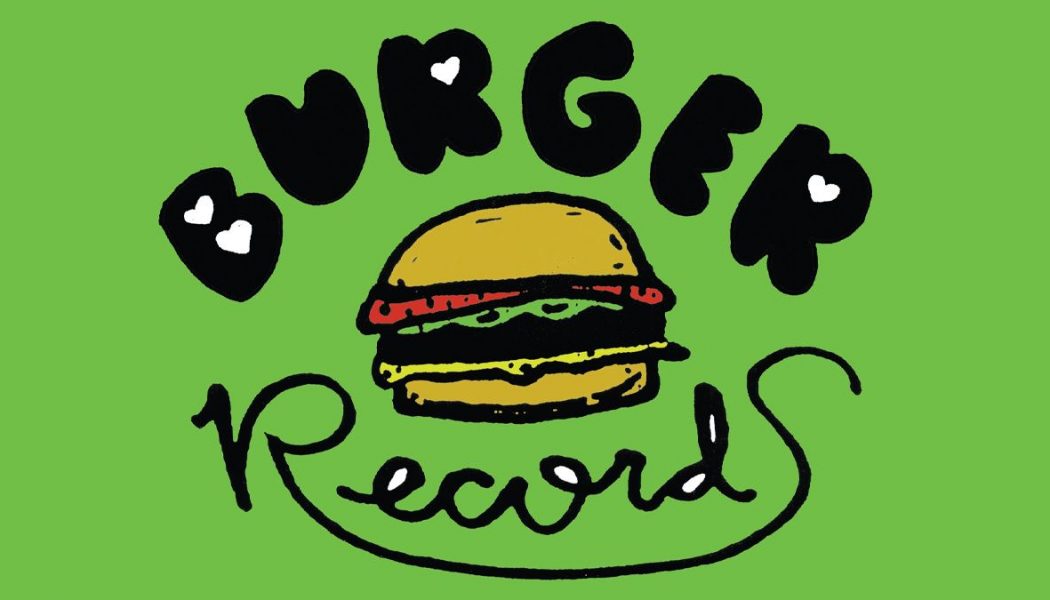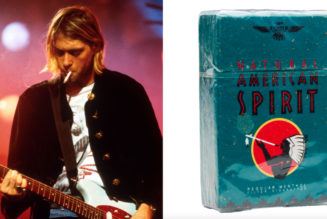
Earlier this week, facing numerous, largely anonymous allegations of sexual misconduct against employees and bands, Burger Records announced plans for “major structural changes” involving a gradual restructuring of top staff and a rebranding. However, after those plans were met with backlash, interim president Jessa Zapor-Gray has turned down the position and the label has announced it will completely shut down.
Initially, co-founder and president Lee Rickard had resigned and co-founder Sean Bohrman took a “transitional role” as Zapor-Gray assumed control. Burger Records changed its name to BRGR RECS and announced “an all-woman imprint” called BRGRRRL. The label also planned to provide “dedicated safe spaces” for women and those under the age of 18 at all Burger Records shows.
Objections over the rebranding plan were swift. Many called out the label for attempting to create “separate space” for women instead of addressing the root causes of the culture that led to the alleged misconduct. In light of the response, Zapor-Gray issued a statement announcing she no longer planned to take on the interim label president position. She said she’d intended on “assessing and evaluating if anything about the label could perhaps be salvaged and made into something better” before either handing it off “to a future administration unrelated to the label’s founders” or preparing “the label for closure.” She continued,
“When I was asked to take over in this capacity, I expected some blowback for my decision to accept but I believed that the opportunity to have a role in effecting real and lasting positive change within the Burger and indie music scenes was worth the risk.
Upon further review, I have informed Burger Records that I no longer believe I will be able to achieve my intended goals in assuming the leadership role at Burger in the current climate. Therefore, I have decided to step away from the label entirely to focus on my other projects.”
Reached for comment by Pitchfork, Bohrman confirmed that they had “decided to fold the label.” Asked if the BRGR RCRDS plan was still on the table, he replied simply, “Nope,” and responded to further follow-ups with a video of Porky Pig saying, “That’s all folks.”
Editors’ Picks
All of Burger Records’ social media accounts have been deactivated, and their webstore has been emptied. Bohrman also revealed that Burger’s digital releases would be pulled from streaming services, though as of publication a number of them appear to still be up. “Yeah, I just asked our distro to take everything down, it’s probably not an instant process,” Bohrman told Pitchfork.
Burger Records primarily produced cassette tapes, with most of the albums it put out receiving digital or further physical releases through other labels. However, some records like King Tuff’s Was Dead, Peach Kelli Pop’s self-titled album, and others carry the Burger Records copyright on streaming platforms. Borhman confirmed that since there were no formal agreements with bands, any former Burger artist would be able to re-upload their music to streamers at their will. “I hate dealing with lawyers so we never signed contracts with bands,” he said.
On Tuesday night, Oakland-based festival promoter Total Trash Productions also cut ties with Burger Records, announcing their annual Burger Boogaloo festival would be renamed. “We are disturbed and disgusted by the allegations that have come out, and we stand with the survivors,” read their statement.
The allegations against Burger Records’ staff and associated bands are far ranging, though all are tied into an overarching narrative of “a culture built on pedophilic tendencies and teenage fetishization,” according to the Instagram page Lured_By_Burger_Records. Members of bands including The Growlers, SWMRS, Cosmonauts, The Buttertones, The Frights, and others were named in the litany of misconduct claims.










